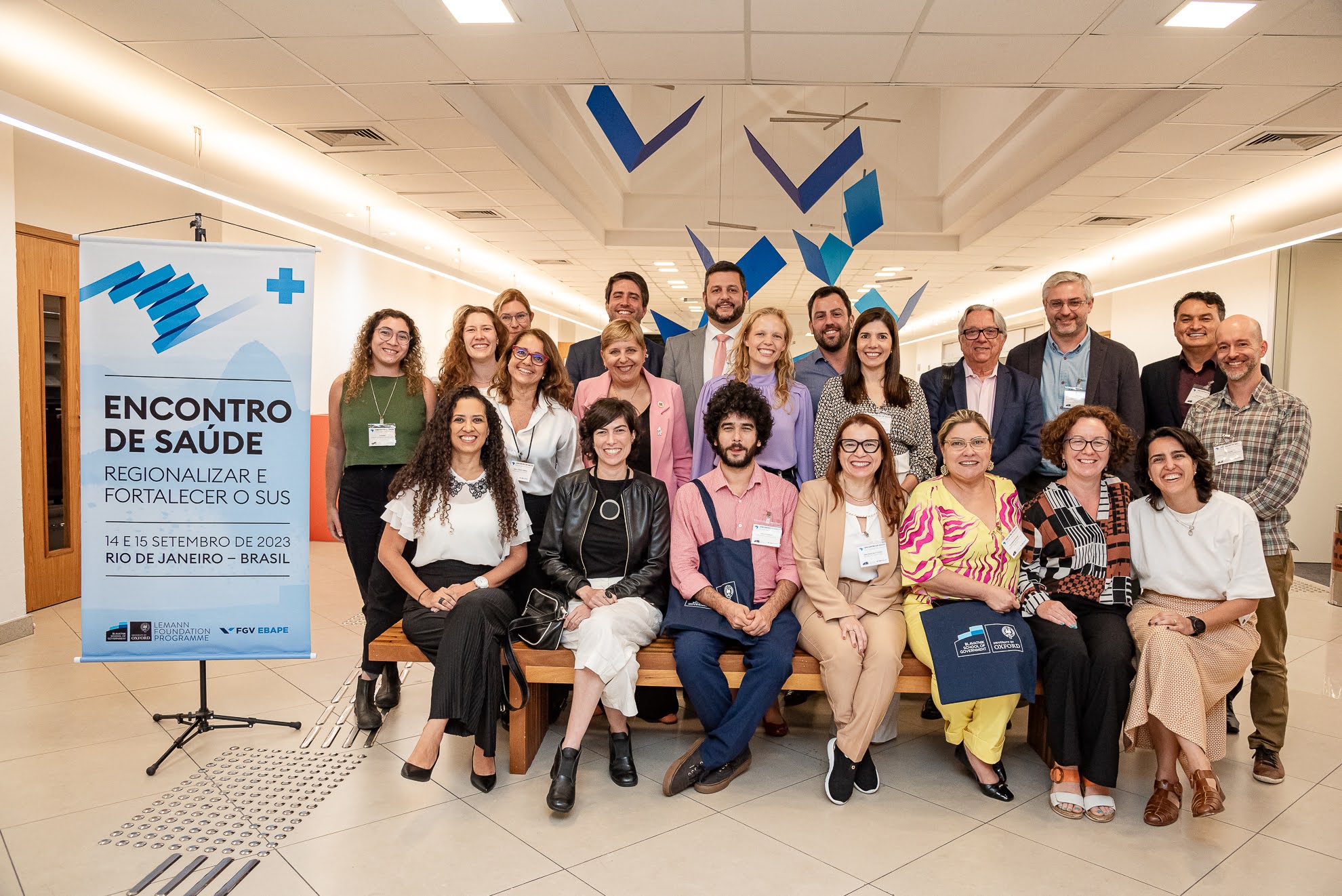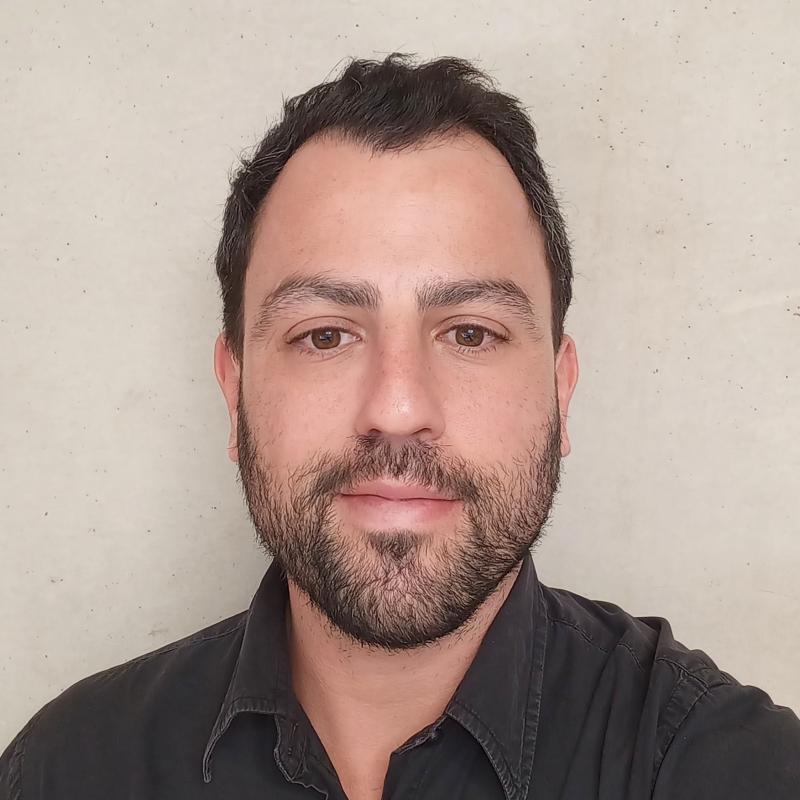In post-pandemic Brazil, a group builds momentum for regionalisation of health
João Pedro Caleiro explains how a two-day workshop could be a catalyst for improved public health in Brazil

When it comes to public health care systems, it’s hard to overstate the scale of the challenge that Brazil’s SUS (Unified Health System) deals with. No other country with more than 100 million people offers free, universal health care at the point of use. Brazil’s programs on vaccination, organ transplants, and HIV policy set noteworthy benchmarks for other developing countries. More recently, the resilience of SUS in the face of the COVID-19 pandemic led to a public outpouring of support.
So a success story? On some level, absolutely. But is Brazil’s health service fit for purpose given its constitutional aim to ensure a seamless care offering for patients in their own communities?
To gather answers to that question – and to seek solutions - the Lemann Foundation Programme (LFP), an independent research programme in the Blavatnik School, recently convened around 20 health managers and specialists at the Brazilian School of Public and Business Administration (FGV EBAPE) in Rio de Janeiro to channel the post-pandemic momentum towards making ‘regionalisation of health’ a reality. Over the course of two intensive days, daily discussions and evening gatherings were led by Blavatnik School associate professors Anna Petherick and Emily Jones with Lia Pessoa and João Pedro Caleiro from the LFP team, alongside local collaborators.
What is regionalisation of health?
This is an organisational principle of SUS first enshrined in the Brazilian Constitution of 1988 which states that the health system should be organised in regions providing all the services necessary for its population in an integrated manner, meaning that a patient moves seamlessly through the stages of care required for treatment without having to shift to another region (a region in this sense is smaller than a state, and bigger than a municipality, hence it combines several municipalities.) But with some notable exceptions, regionalisation never became a full reality in Brazil.
Though healthcare is a shared responsibility among the three levels of the federation (federal-government, state-government and municipal-government levels), SUS initially placed a greater emphasis on decentralising provision to the municipal level. This was rooted in the belief that local communities would reach universal coverage faster and better.
After initial successes, challenges emerged
SUS’s early years saw remarkable improvements in health outcomes, especially in e.g. reducing child mortality1. But it soon became clear that municipalities lacked the capacity to provide more complex care, such as surgeries or cancer treatments and, with most having small populations, they had few patients requiring individual types of specialised care. What was initially envisioned as a unified healthcare system was becoming a highly fragmented landscape, characterised by gaps in assistance and subpar hospital services.
Some states then took a more proactive, coordinating role to regionalisation by experimenting with different models, such as building and running regional hospitals or ensuring larger host municipalities had the funds, capacity, and willingness to absorb patients from neighbouring towns. But other states struggled; in the North region, for instance, a shortage of doctors and the geographical challenges of the Amazon rainforest pose formidable challenge for shortening distances for treatment, whereas in wealthy, urban São Paulo, the challenge is quite distinct, with numerous private healthcare providers having overlapping interests that hinder the desired specialisation and consolidation efforts.

Collaboration to find solutions
What ties all these examples together is the fundamental importance of coordination and cooperation, which lie at the heart of SUS and most especially regionalisation. And this is why the LFP team designed the September workshop around a room full of carefully selected individuals with the power to move the needle on regionalisation. State health secretaries and their executive counterparts from all regions from the federation attended, alongside municipal health secretaries, representatives from the federal Health Ministry, technical experts, and leading academics. And some of the best-positioned people in Brazil’s health system to push this agenda forward on the macro-level attended, notably the presidents of CONASS, the council representing all 27 health state secretaries, and CONASEMS, representing the over 5,500 health municipal secretaries.
The group appreciated this rare opportunity to take a step back to discuss an overlooked issue in a structured way, a testament to the long-term path of engagement and commitment from the LFP team. During the meeting, the highly engaged participants delved into the challenges associated with regionalisation, exploring questions such as:
- how can we empower regional structures to make autonomous, well-informed decisions?
- What changes are needed in the federal financing model to induce regionalisation at the local level?
- How can we reform the organisational structures of health secretaries to ensure regionalisation takes precedence?
Participants voted on priorities and developed concrete solutions aligned with the SMART framework (Specific, Measurable, Achievable, Relevant and Time-Bound). These included, for example, changing the financing model to facilitate the integration of health networks, and giving stronger management and decision-making prerogatives to existing regional commissions, which are now mostly deliberative.
They took part in negotiation exercises, and drew on lessons learned to advance the kind of negotiations that are core to the cooperative challenges of regionalisation. Now, the real work begins, as the group continues its engagement and tests approaches in practical settings, such as the health secretaries that they currently lead.
Healthcare consistently ranks as a top concern among citizens in Brazil2 and represents one of the largest expenditures of local governments3. A key takeaway from the workshop discussions was a consensus that regionalisation can be linked to a winning political narrative of increased access, improved outcomes, and better value for money, pleasing users and managers alike.
As participants saw the sun set over Rio’s famous Corcovado mountains, and the skyline began to sparkle on a late Friday afternoon, minds were still abuzz with discussions held, decisions made, bonds forged, and connections established. The shared vision of an improved public health system in Brazil felt closer for all.
João Pedro Caleiro is a Writer-Researcher at the Lemann Foundation Programme at the School.
1 https://bvsms.saude.gov.br/bvs/publicacoes/a_politica_de_saude.pdf
2 https://www12.senado.leg.br/institucional/datasenado/arquivos/panorama-politico-2023
3 https://valor.globo.com/brasil/noticia/2023/09/15/em-50-anos-educacao-e-saude-concentram-gastos-de-municipios.ghtml

